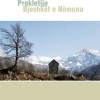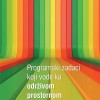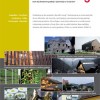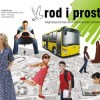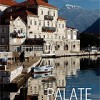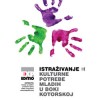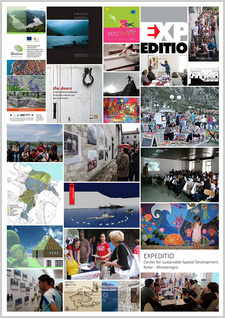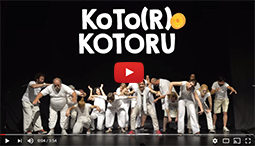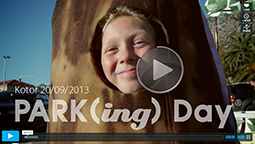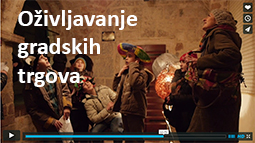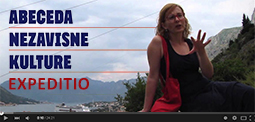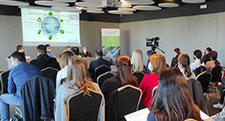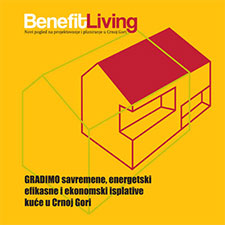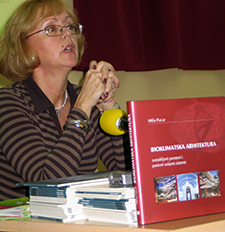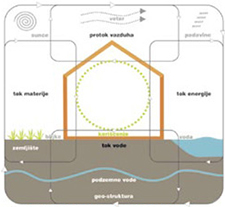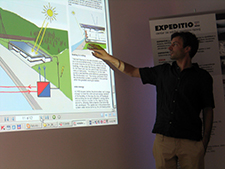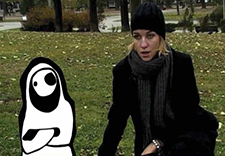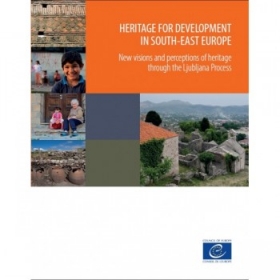 Recently is published "Heritage for Development in South East Europe - New visions and perceptions of heritage through the Ljubljana Process". The author of the chapter regarding the cultural heritage and the Ljubljana Process in Montenegro, is Expeditio representative, Aleksandra Kapetanovic, in cooperation with Janko Ljumovic from the Faculty of Theatre Arts in Cetinje.
Recently is published "Heritage for Development in South East Europe - New visions and perceptions of heritage through the Ljubljana Process". The author of the chapter regarding the cultural heritage and the Ljubljana Process in Montenegro, is Expeditio representative, Aleksandra Kapetanovic, in cooperation with Janko Ljumovic from the Faculty of Theatre Arts in Cetinje.
Texsts in this book represent, for the first time presented in printed form, systematic comparative review of policy of cultural heritage and its influence - particularly in the field of intangible heritage such as archaeological and historical sites - in Albania, Bosnia and Herzegovina, Bulgaria, Croatia, "The Former Yugoslav Republic of Macedonia ", Montenegro, Romania and Serbia.
Studies are focused at the decade from 2003 to 2013 that followed the traumatic and often violent turmoil associated with the collapse of communism. During this same period was observed progress in the policy of the European Union and the Council of Europe in support of the policy of cultural heritage in the region, which led to the launch of the "Ljubljana Process: Rehabilitation of our common heritage". Challenges were gradually transferred from encourage professionals to adopt European standards and realizing the potential of heritage to build bridges between people and encouraging reconciliation, to emphasize the wider benefits of heritage as a catalyst for economic development of the local economy and quality of life of citizens.
Theorists and practitioners will gain a better insight into the value of cultural heritage as well as specific policies of cultural heritage in Southeast Europe, as well as the facts underlying the vision, the context and the impact of the Ljubljana Process. This will encourage a review of existing policy, as well as the promotion and affirmation of the cultural heritage in the context of the new "cultural development".



 EXPEDITIO is a non-governmental organization whose mission is to encourage sustainable spatial development in Montenegro and SEE region through activity in the fields of sustainable architecture, cultural heritage, urban planning and through projects that encourage overall development of the civil society. Expeditio was established in 1997.
EXPEDITIO is a non-governmental organization whose mission is to encourage sustainable spatial development in Montenegro and SEE region through activity in the fields of sustainable architecture, cultural heritage, urban planning and through projects that encourage overall development of the civil society. Expeditio was established in 1997.
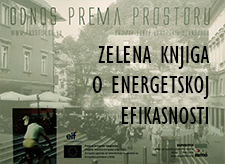

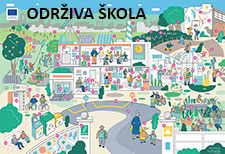

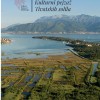
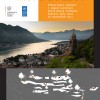
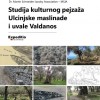
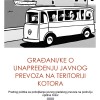
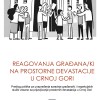
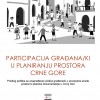
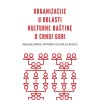
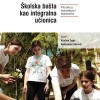

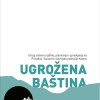

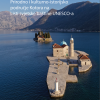

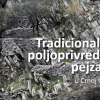
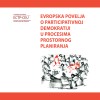
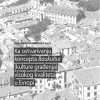
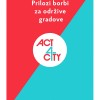
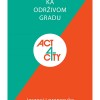
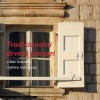

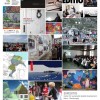
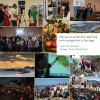
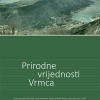
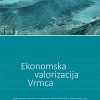
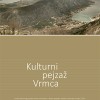
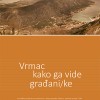
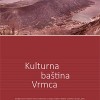
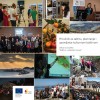
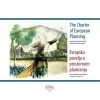

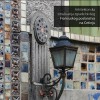

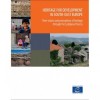


![Guidelines for the Revival of Public Spaces [Good practice selection] Guidelines for the Revival of Public Spaces [Good practice selection]](/images/resized/images/stories/expeditio/publikacije/Publikacija-Javni-prostori-naslovna_100_100.jpg)

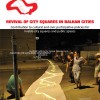
![Catalogue of Public Spaces in Boka Kotorska [selected sites] Catalogue of Public Spaces in Boka Kotorska [selected sites]](/images/resized/images/stories/expeditio/novosti_exp/javni-prostori-knjiga_100_100.jpg)
